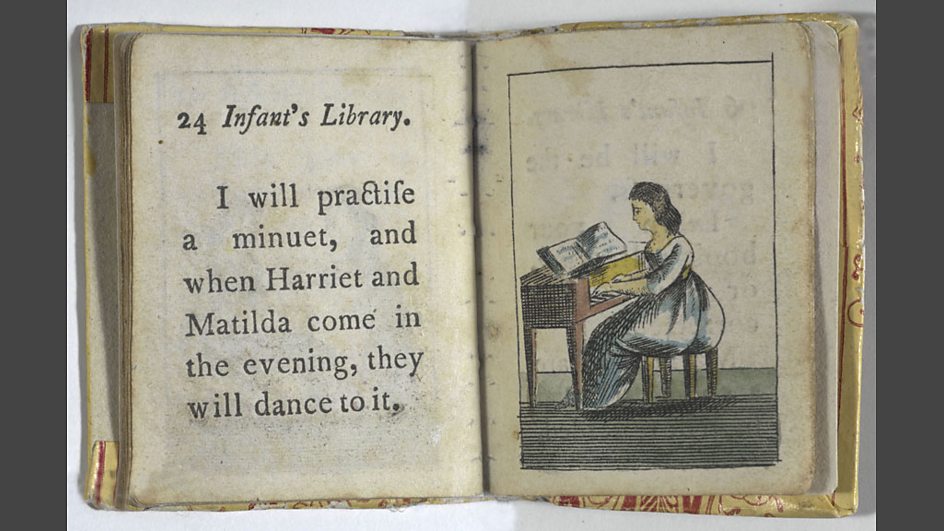This little work was published shortly after Henry Fielding died in Lisbon from a variety of ailments. It is a journal of the protracted voyage it took to get him there. Any person reading this and expecting the warm and welcoming personage from Tom Jones needs to be warned that they will not find him here; age, pain and disappointment have made him into something of a grump.
The first interesting element in the book, especially for someone who has enjoyed the tv programme, ‘City of Vice’, is the reflection Fielding has of his tenure of Magistrate of Westminster and the overseer of that early experiment in inner-city policing, the Bow Street Runners. Throughout the book he is certain that he shall shortly die and it is this work that he blames for killing him. He is proud that ‘were almost utterly extirpated, and that, instead of reading of murders and street-robberies in the new every morning, there was, in part of the month of November, and all of the month of December, not only no such thing as murder, but not even a street-robbery committed.’ But he is certain that his efforts to achieve this instead of seeking a cure when he was already very ill have inevitably condemned him. What’s more he categorically states that he has not given his life for the good of his society but for the good of his family, it being so hard to earn a decent wage as a magistrate without being corrupt that has to work himself to death to provide for them.
As a last desperate attempt for health; Fielding, his wife, children and wife’s maid, decide to move to Lisbon in Portugal. The journey doesn’t go very smoothly. In fact, the journey barely goes at all for much of the book as the wind and tide is so against them, they keep finding themselves back towards London, clinging to various southern isles to stop them drifting all the way back home. One of the running jokes in the book is the captain swearing that he is certain that the wind will go in the direction they need shortly before it blows the wrong way or they are becalmed altogether.
The Captain of the ship is one of my favourite characters in all of Fielding’s writing, possibly because he is directly drawn from real life. He is an old man himself, formally a privateer and he wears his military cockade with inordinate pride. It seems that Fielding wants to ridicule the captain, paint him as someone who cannot read the wind as well as he wishes and who is impossibly proud and imperious in his position of captain but he can’t bring himself to do it. Part of this is Fielding’s understanding that as an immobile, grumpy and opinionated person, he is a very difficult passenger and that the captain has to put up with a lot. This element of their relationship comes to a climax after Fielding threatens to shove a bottle up the arse of a sailor who is irritating him - although this causes a big row and nearly has Fielding leaving the ship as soon as possible, it leads him to reflect on how much the captain treats his sailors as a family and how much he cares for them and stands on their side.
This care extends to the animals on the ship and there is a very funny moment when all activity stops when a cat falls out of the cabin window, with the captain very emotional and his bo’sun stripping down and diving into the sea to rescue him. In a ‘Final Destination’-esque twist, the cat ends up suffocating under a feather bed before the voyage is out. Again the captain is inconsolable.
The captain’s love extends even to the ship itself, in particular the little ship-to-shore boat. It is another running joke in the book that the captain will not let the boat launch under any circumstance, so loath is the captain to see it floating on the ocean. There are many occasions where launching the little boat would have been of great help but it is never launched. Although Fielding would like to attribute this to the captain’s love, he is also willing to concede it may be because it is very hard to get sailors back onto a ship once they have found a nice pub on shore.
On one of the many forced stop-overs, the Fieldings find themselves the guests of friendly Isle of WIght Landlady, Mrs Francis. She is a shrieking, unwelcoming harridan with the meekest husband there ever was, ‘as it was impossible to displease him, so it was impossible to please her.’ Fielding has a particular problem with the way she constructs her bills; charging him separately for cooking, dressing and preparing a dinner - three jobs which to him are the same. She also has a habit of charging for things like candles that they haven’t used and for pricing all these services a little more each day. While she probably wasn’t the most welcoming landlady, at least she provided him with good material.
There is one moment of total beauty. As they near Lisbon they see the sun set on one side of the boat and the moon rise on the other. This is described as one of those numinous moments, the last gasp of heaven for Fielding to see.
Finally, they reach Lisbon. There they have to go through a lengthy and tedious customs process before embarking and entering the city. Fielding, ever the grump, declares it ‘the nastiest city in the world’ unfortunately for us, he won’t have to live there for very long.










